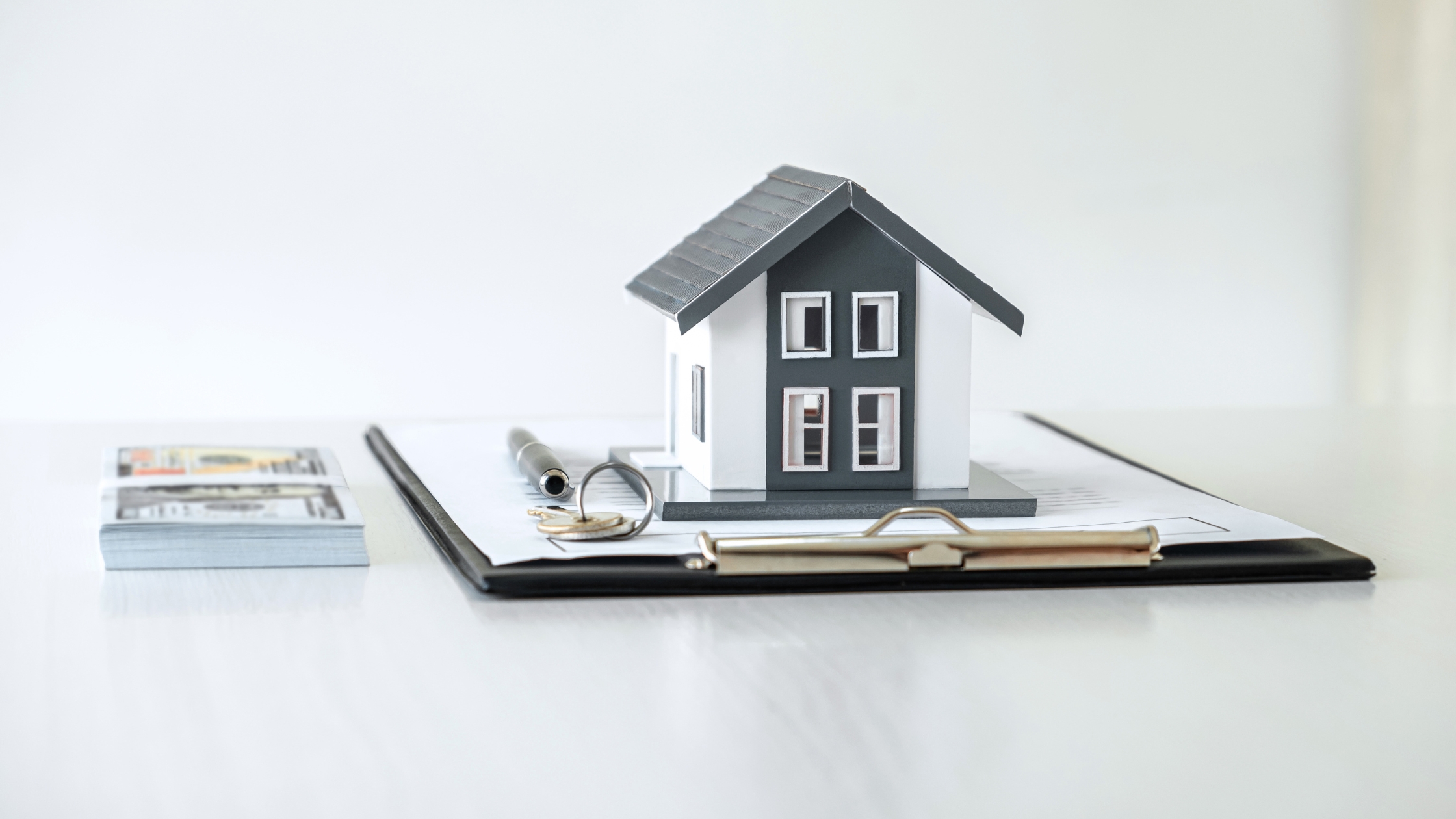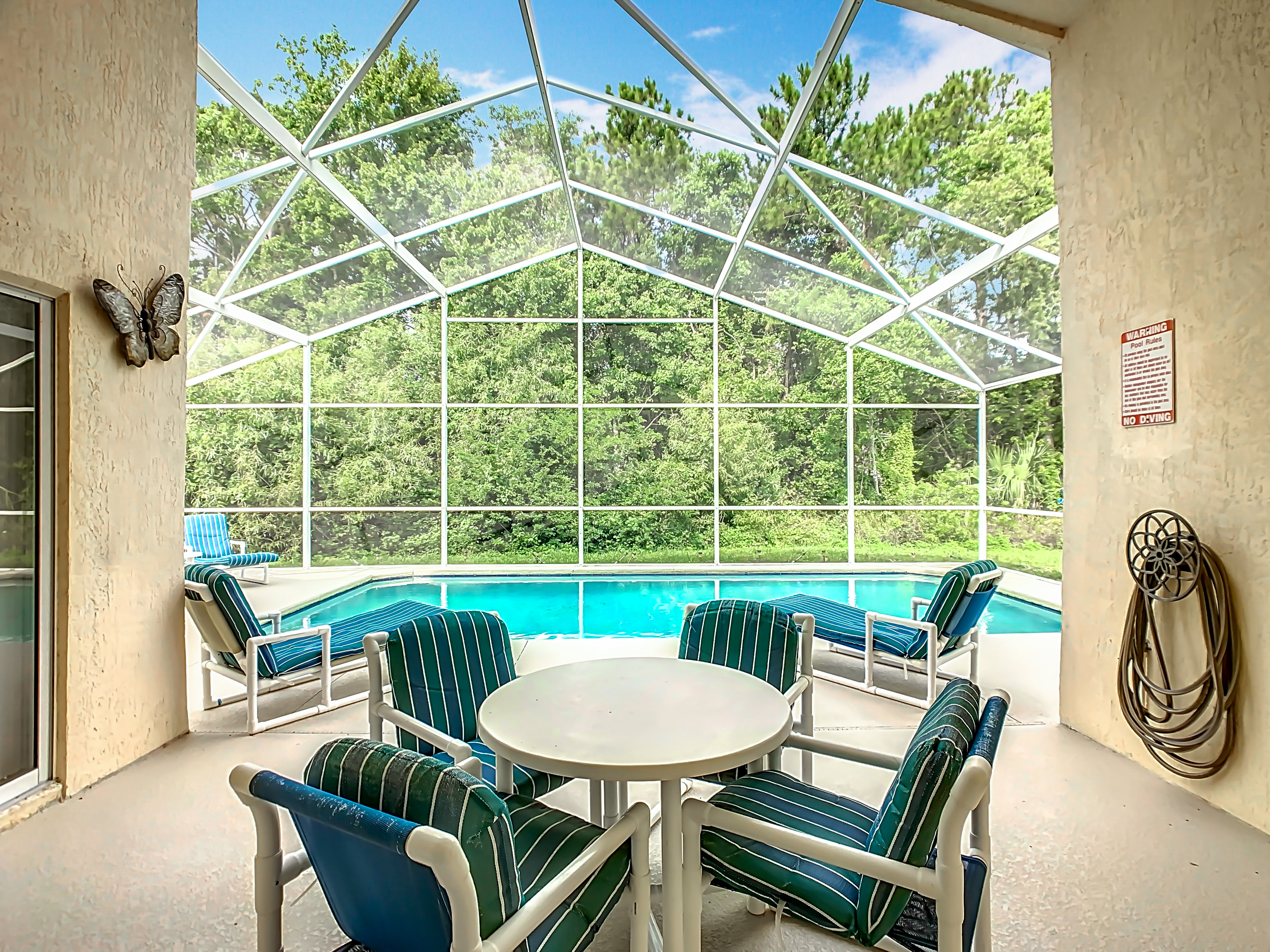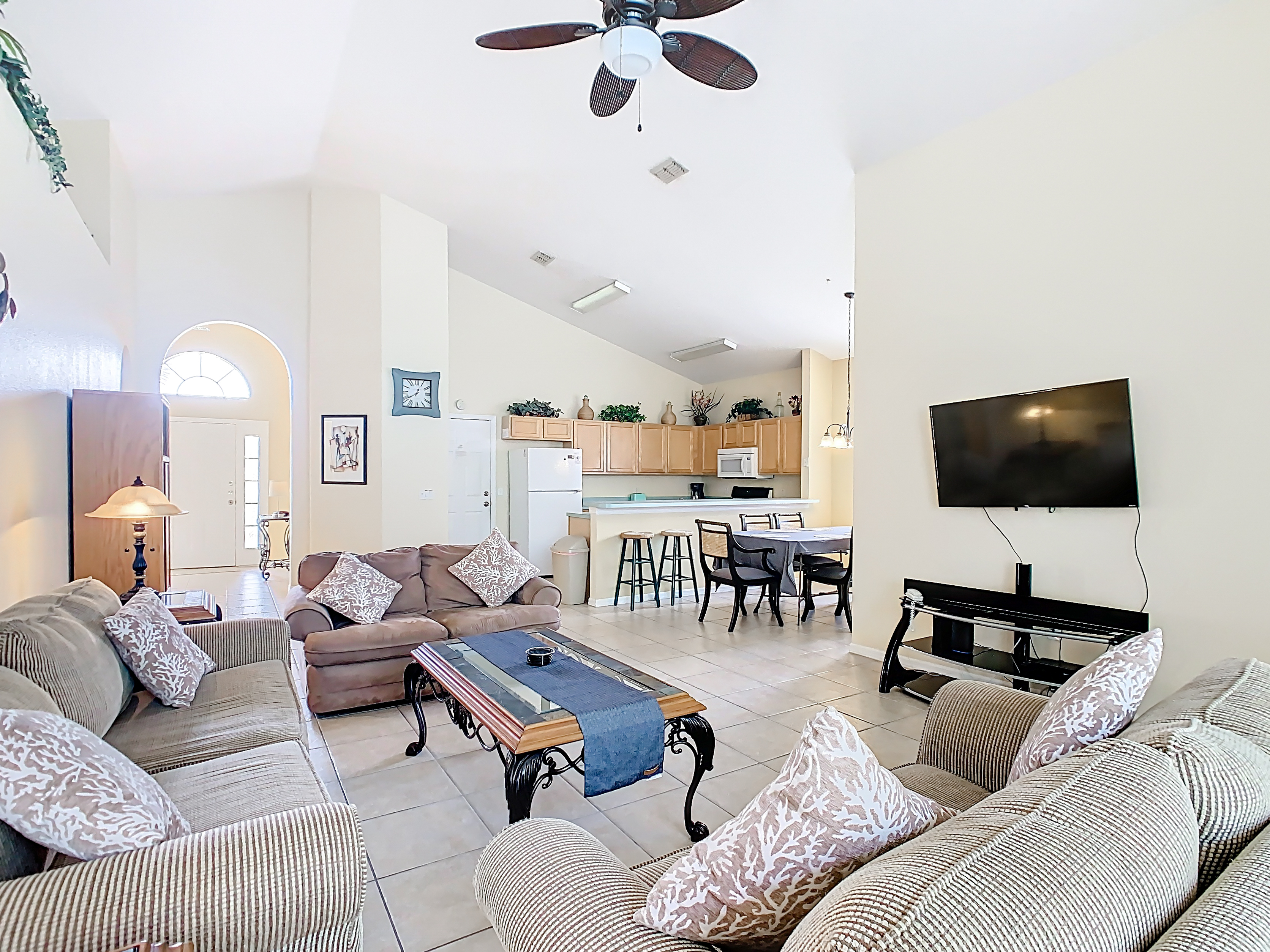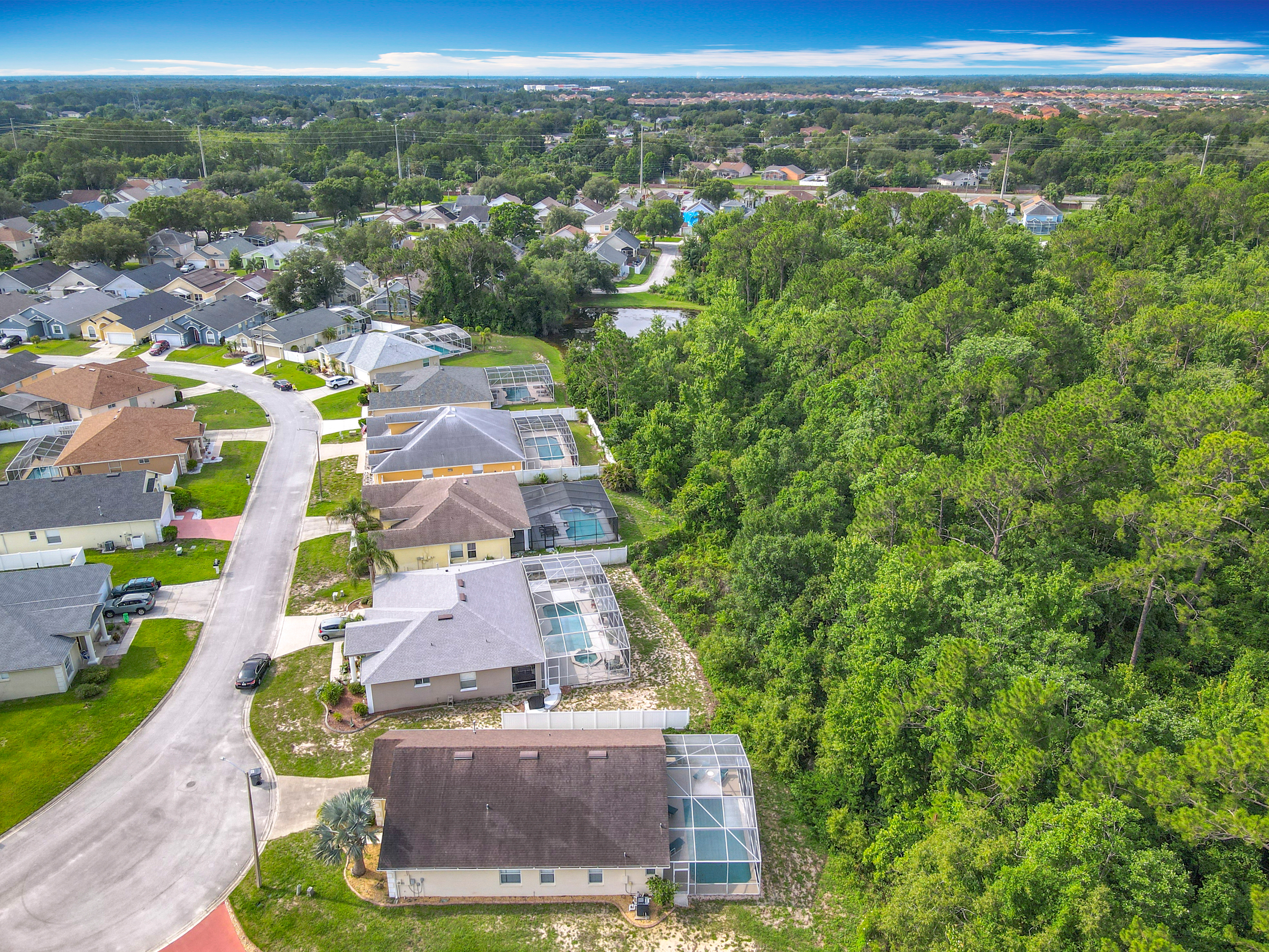Featured Central Florida Cities for Real Estate Investing in 2025
Explore Central Florida's Real Estate Opportunities
Featured Central Florida Cities for Real Estate Investing in 2025
Central Florida continues to attract real estate investors with its strong population growth, booming job market, and year-round appeal to both residents and tourists. Whether you’re interested in short-term vacation rentals or long-term income properties, Central Florida offers some of the most promising opportunities in the state.
Here are the top cities and towns to consider if you’re thinking about investing in real estate in Central Florida in 2025:
Clermont, FL
Located west of Orlando, Clermont has become a top choice for families and retirees. Its rolling hills, new residential developments, and proximity to Disney and major highways make it a high-demand rental and resale market. New construction homes and resales offer excellent appreciation potential, and short-term rentals are in demand near Four Corners.
Investor Tip: Look for properties in established communities with HOA support for vacation rentals.
Davenport, FL
Known for its affordability and rapid development, Davenport has emerged as one of the most popular spots for vacation rental investors. With quick access to I-4 and Disney parks, homes in short-term rental zones here see consistent occupancy rates.
Best For: Vacation rental properties and affordable long-term rentals.

Kissimmee, FL
A gateway to Walt Disney World, Kissimmee is a short-term rental powerhouse. Many homes are zoned for vacation rentals and marketed internationally. Its established tourism infrastructure ensures ongoing demand.
Investor Tip: Homes in resort-style communities (with amenities) tend to book faster and command higher nightly rates.
Winter Garden, FL
A historic yet modern city near Orlando, Winter Garden is seeing a renaissance with urban development, great schools, and a growing downtown. The city appeals to long-term tenants and owner-occupants alike.
Best For: Buy-and-hold investors seeking appreciation in a community with strong public schools.
Four Corners, FL
Spanning four counties (Lake, Polk, Osceola, and Orange), Four Corners is uniquely positioned for rental and investment properties. With high traffic from tourism, newer developments, and no shortage of demand, it’s ideal for both new and seasoned investors.
Hot Features: Access to theme parks, golf courses, and mixed-use developments.
Haines City, FL
Just south of Davenport, Haines City remains affordable and is growing quickly. New construction homes, peaceful communities, and proximity to both coasts make it a sleeper pick for long-term rentals.
Investor Tip: Consider duplexes or multifamily opportunities while prices remain competitive.
Why Central Florida Is Ideal for Real Estate Investing
- Tourism & Attractions: Orlando area tourism fuels strong short-term rental demand.
- Strong Job Market: Growth in tech, healthcare, logistics, and education sectors.
- Population Growth: Central Florida is one of the fastest-growing regions in the U.S.
- Tax-Friendly Environment: No state income tax and competitive property tax rates.
- Diverse Rental Options: From luxury vacation homes to affordable single-family residences.
Choosing the Right Market for Your Goals
When evaluating investment opportunities, consider your strategy:
- Short-Term Rentals: Focus on Kissimmee, Davenport, and parts of Clermont.
- Long-Term Appreciation: Winter Garden and Clermont offer strong growth trends.
- Affordable Entry Points: Haines City and Four Corners provide lower purchase prices with solid ROI potential.
Ready to Invest in Central Florida Real Estate?
At RE/MAX Heritage, we specialize in helping buyers, sellers, and investors navigate the Central Florida real estate market with confidence. Whether you’re looking to build a portfolio of income properties or secure your first investment, our team is here to help every step of the way.
Contact us today to learn more about available investment opportunities in Central Florida!













